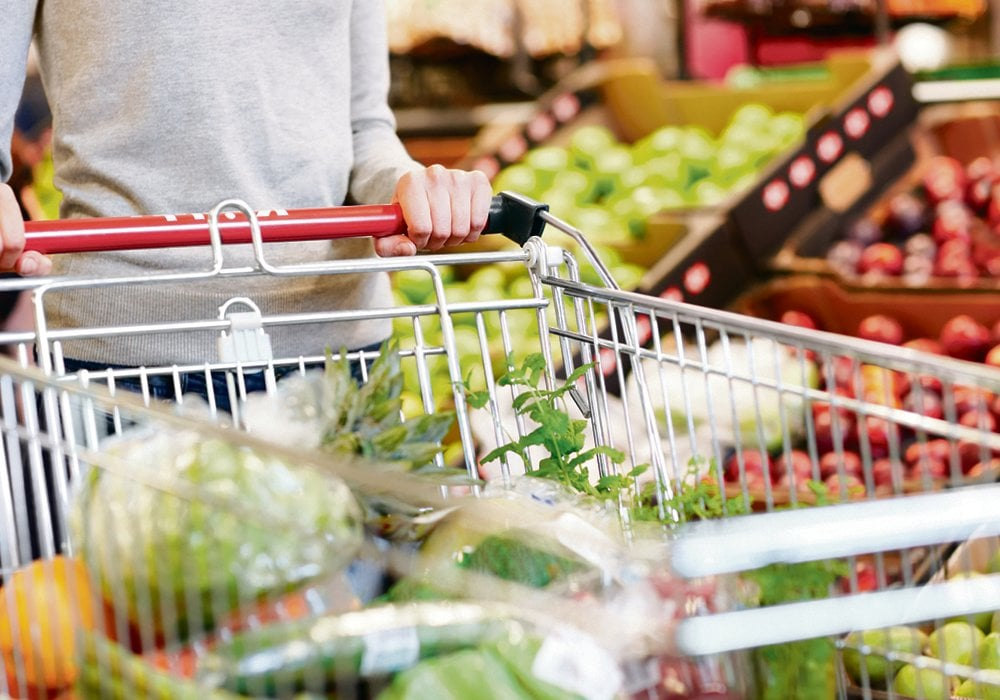Is the carbon tax adding to food costs? Certainly, but not in all the ways purported. When an argument supports your point of view, sometimes you don’t fully scrutinize it. That’s the case with the carbon tax and grocery bills.
Make no mistake, the carbon tax is bad policy. It isn’t significantly reducing Canadian carbon emissions and it’s hurting the economy and making Canadian production less competitive. Other nations are having more success with emission reduction without the use of a tax.
Dropping the carbon tax on home heating oil to gain favour with Atlantic Canada has provincial governments and various interest groups demanding other exemptions. C-234, the private member’s bill to remove the carbon tax on natural gas and propane used for grain drying as well as heating and cooling barns has had elevated attention.
Read Also

High prices see cow-calf producers rushing to incorporate
Farm accountants are reporting a steady stream of cow-calf producers rushing to get their operations incorporated ahead of selling their calves this fall.
The gamesmanship in the Senate at the behest of the Liberal government is appalling. The bill seems unlikely to ever pass. The vitriol directed at the Liberal government is palpable and justified. Without the anger over singling out heating oil, the private member’s bill would have probably prevailed.
The Conservative opposition is feasting on the issue. Based on the polls, their calls to axe the tax are resonating with an increasing proportion of the public.
Adding to the momentum, the inflation rate on food has been big news the past couple years. Linking the carbon tax to increased food costs may seem like a great strategy for carbon tax opponents, but in many cases the link is tenuous.
It doesn’t take a high-priced economist to dispute the link. Just consider how the world actually works.
Let’s say it’s a wet harvest and your bill to dry grain includes a carbon tax of $5,000. It sucks, but does it really add to the price of food? Do you sell your grain for more money just because you had to pay drying costs as well as the carbon tax on the required propane or natural gas?
It’s the same for all the carbon tax that goes into the manufacture and transport of fertilizer. Farmers can’t recoup these added costs so there’s no way to argue that they add to food prices. Farm input costs rarely continue along the food chain.
In the grain industry, we’re price takers. We can’t pass along costs. The same is true for beef and pork producers. Their costs have nothing to do with the prices they receive. Greenhouses and orchards face many of the same market forces.
On supply-managed commodities, dairy and poultry, carbon costs may be captured in the cost of production formulas and may have an impact on food costs, but this would be the exception.
On everything from food transportation to heating bills at grocery stores, the carbon tax certainly plays a role in food prices. However, the tax at the farm level tends to stay on the farm. To argue differently is to argue that farmers can set their prices and pass along costs.
In politics, perception often matters more than reality, but perpetuating an incorrect correlation can come back to bite you. It would be best if farmers and farm groups stopped propagating this assertion. It would be really smart for the Conservative opposition to also back off on this point.
Numerous ways exist to discredit the carbon tax and show it as bad policy. No use advancing a weak argument that can easily be refuted.
Kevin Hursh is an agricultural journalist, consultant and farmer. He can be reached by e-mail at kevin@hursh.ca.
















